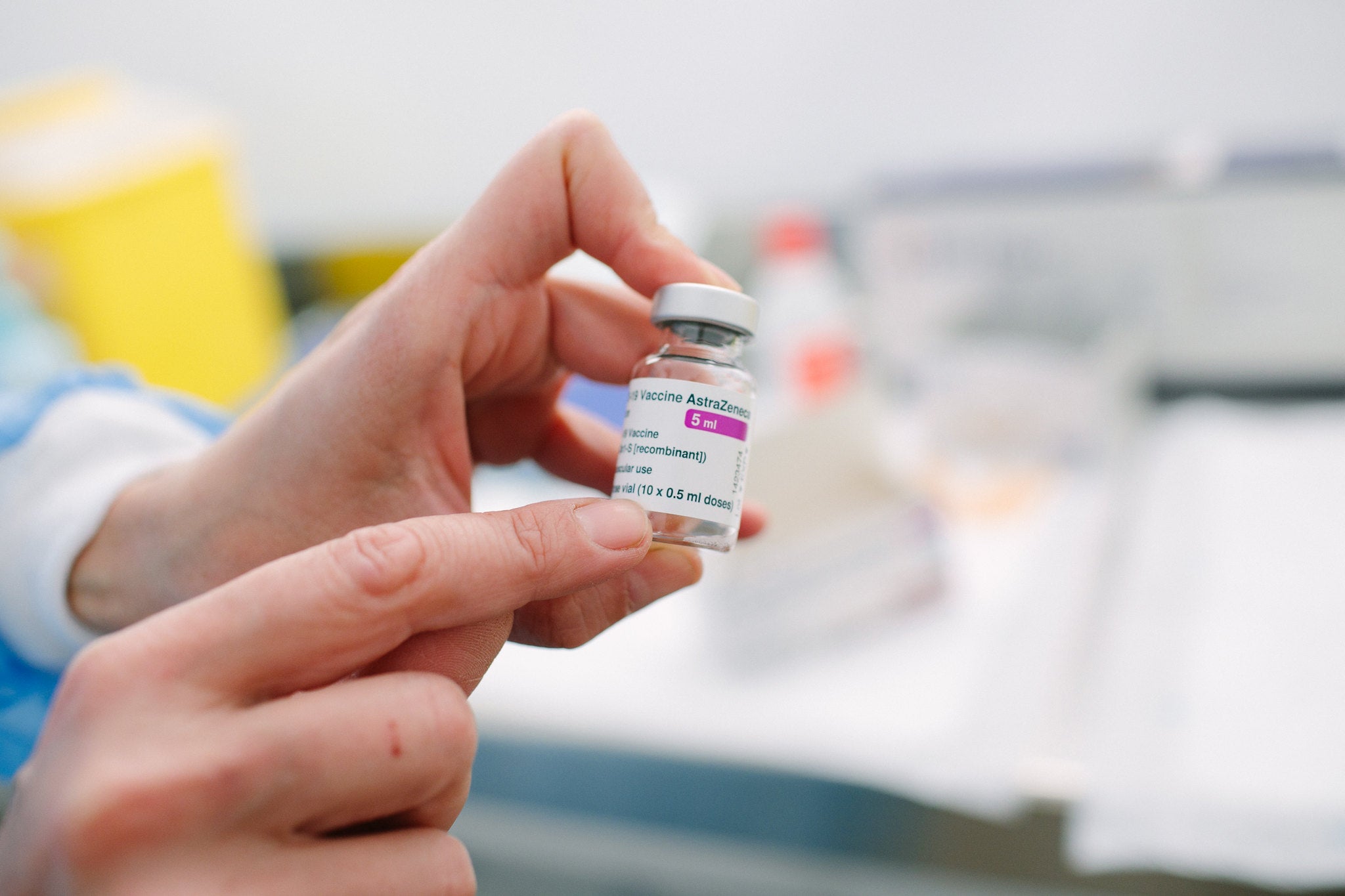
AstraZeneca has started the inoculation of the first subjects in a Phase II/III clinical trial of its Covid-19 variant vaccine, AZD2816, to prevent infection from variant SARS-CoV-2 strains.
AZD2816 uses the same adenoviral vector platform as the company’s Vaxzevria Covid-19 vaccine, but with slight genetic alterations to the spike protein based on the Beta (B.1.351 or South African) variant.

Discover B2B Marketing That Performs
Combine business intelligence and editorial excellence to reach engaged professionals across 36 leading media platforms.
The new variant vaccine has ten changes across the spike protein, including those found in other variants of concern.
These changes decrease the ability of antibodies stimulated against the original virus to inhibit cell entry, increase infectivity than the original virus and lower neutralising antibodies sensitivity to the original virus, AstraZeneca noted.
The partially double-blinded, randomised, multi-national, active-controlled Phase II/III trial will assess the safety and immunogenicity of AZD2816 in previously vaccinated and unvaccinated adults aged 18 years and above.
It will enrol about 2,250 subjects across the UK, South Africa, Brazil and Poland. Subjects will be given intramuscular Vaxzevria or AZD2816.

US Tariffs are shifting - will you react or anticipate?
Don’t let policy changes catch you off guard. Stay proactive with real-time data and expert analysis.
By GlobalDataPeople who are fully vaccinated with two Vaxzevria or an mRNA vaccine doses will receive AZD2816 for a minimum of three months following their last inoculation.
Non-vaccinated participants will receive AZD2816 in two doses four or twelve weeks apart, or as a second dose after a first Vaxzevria dose, four weeks apart.
The trial will involve SARS-CoV-2 nucleocapsid seronegative subjects and will recruit seropositive participants for exploratory analysis.
AstraZeneca BioPharmaceuticals R&D executive vice-president Mene Pangalos said: “It is important we continue to stay ahead of genetically distinct variants of the coronavirus. AZD2816 should help broaden individuals immune response against emerging variants of concern.
“Initiating the Phase II/III trial for AZD2816 means we can be prepared should a variant vaccine be required in the future.”
Preliminary trial results are anticipated to be available later this year and will be submitted to regulatory authorities for review as a next-generation booster vaccine.
Earlier this month, AstraZeneca reported new data showing that its Vaxzevria Covid-19 vaccine provided increased levels of protection against the Delta variant, B.1.617.2, formerly known as the Indian variant.





